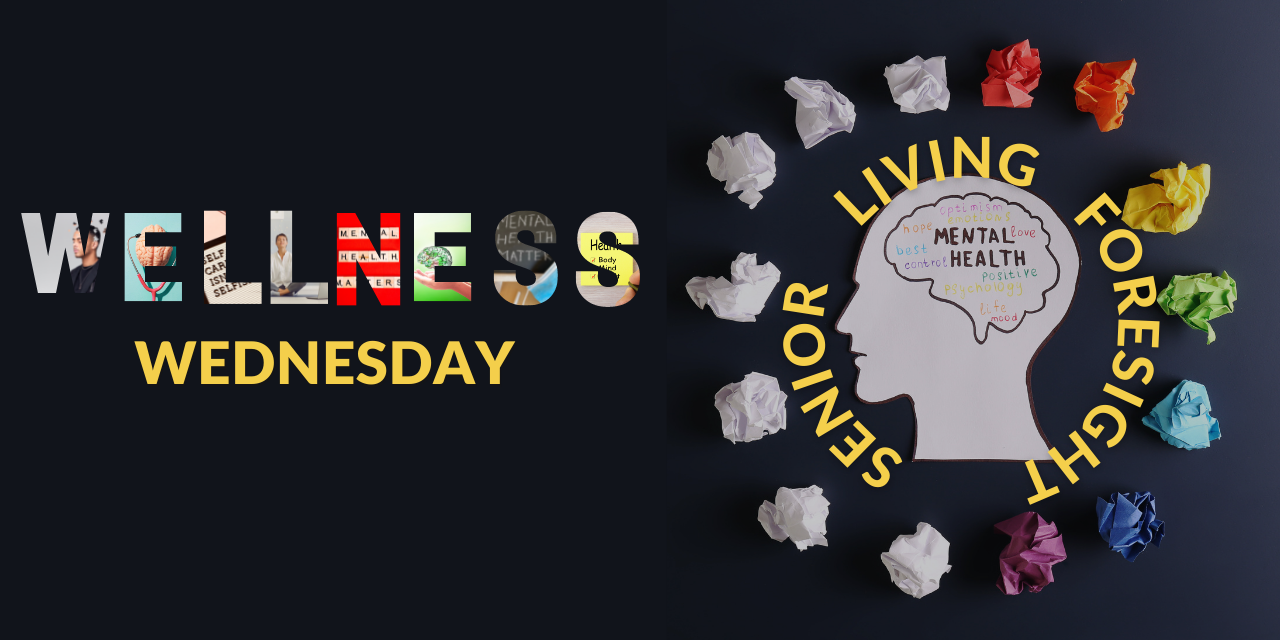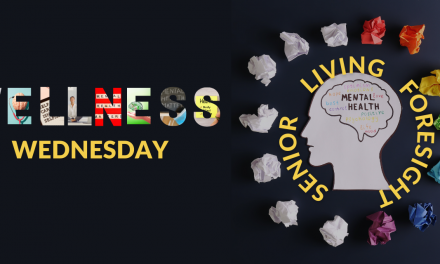By Steve Moran
I recently read a book about artificial intelligence and the risk that it will destroy humankind. The author proclaims the highest goal for humans is to be happy.
It’s a proposition that I like but find troubling because what constitutes happiness is actually very complicated.
It might be:
- Right after you had your last fentanyl hit
- In that moment of total exhaustion as you cross the finish line after running a marathon
- Getting married
- Getting a divorce
- Robbing a bank of $12 million dollars
- Giving to charity $12 million dollars
- Starting a new job
- Quitting an old job
And then … what if my happiness comes at the expense of your happiness? What if the only way I can be happy is for you to be miserable? What if the only way for me to be happy is for you to lose? These are particularly difficult questions right now because it seems as if the only way for Democrats to be happy is when the Republicans take a hit and the only way for Republicans to be happy is when the Democrats take a hit.
And then … I look at Facebook, Instagram, TikTok, and more, where all I see are happy, perfect people who have it all together — something I want desperately, but it seems impossibly out of reach.
Adding more food for thought, in the Christian New Testament, the Apostle Paul writes while unjustly being imprisoned that he is completely happy, except that he kind of wishes he were not chained up.
And then … I think of all the people I know personally who appear to be completely happy, completely put together, and realize that they, like me, have their own stuff, their own challenges, their own anxieties.
Confirming this: the number of celebrities who had all the fame, money, and success than anyone could ever imagine and yet were so miserable that they took their own lives directly or indirectly with a reckless lifestyle.
The Genuinely Happy
Recently the Wall Street Journal published an article titled “They’re the Happiest People in America” in which they talk about that tiny sliver of people (just 12%) who describe themselves as being “very happy.” It is the smallest percentage they have ever seen. Here is what they found:
- Having strong relationships was closely linked to happiness.
- 67% said marriage is very important to them, even though many were not married.
- “Two-thirds describe themselves as very or moderately religious, compared with less than half of adults.”
- Community involvement was more important to the very happy, compared to the rest of the sample.
- Money did not play a big role in happiness.
- Many felt it was tied to their personalities, but also controlled by the choices they make.
- One commonality was an interest in fitness.
- They tended to be older and female.
The ultimate conclusion was that being very happy seemed to be highly correlated to a sense of belonging.
Belonging
When I look at highly successful organizations and groups, belonging is consistently at the core of what makes them successful. It is cool to work for In-N-Out Burger, Southwest Airlines, Zappos (or at least it used to be). It is cool to work for a few senior living organizations … Senior Living Foresight, Arrow Senior Living, and some others.
It is cool to live in Margaritaville. People are expecting it to be cool to live in Enso Village, the Zen-inspired community that is about to open in Northern California. I find myself wondering how senior living organizations could better tap into this concept of belonging for residents, team members, and family members. It would make each of those groups happier and would lead to higher occupancy and higher profits.







